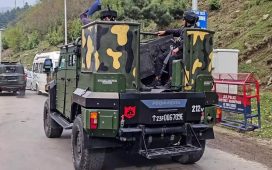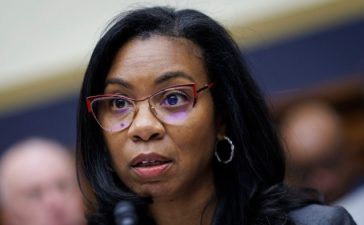
India’s global engagement has traditionally been about balancing competing relationships, maintaining righteous silence and keeping its skin out of the game as much as possible. With the game increasingly pinching skin, India is stepping up to the plate. And what better place to make itself more ‘available’ than the Gulf region, where apart from a large remittance-returning diasporic population, India, as a low-middle-income country, has growing energy-strategic needs. As the only major country with robust relations with key West Asian players from both sides of the ‘faultline’, India is best placed to drive an agenda that benefits the region and world.
The October 7 attacks by Hamas put IMEC on virtual ice. With the signing of the pact with the UAE this week, New Delhi has used its clout to restart that project. Modi’s meeting with the Qatari leadership included developments in the region and ensuring stability. This is important, given Doha’s relations with Iran and Hamas. India’s engagement in West Asia is broadening and deepening, going beyond energy security and trade. It is taking on a more strategic track where the region’s stability plays a role in India’s prosperity.










